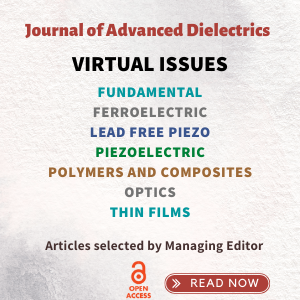System Upgrade on Tue, May 28th, 2024 at 2am (EDT)
Existing users will be able to log into the site and access content. However, E-commerce and registration of new users may not be available for up to 12 hours.For online purchase, please visit us again. Contact us at customercare@wspc.com for any enquiries.
Energy is everywhere: the sun shines, the rivers flow, and the fossil fuels wait under our feet. The challenge lies in delivering this energy at the right time, place, and form. This is why energy storage and conversion are the focus of such huge scientific and technological research efforts. This volume explains the importance of porous materials in energy applications. Open any electrochemical energy power device, and you will find a porous electrode. Porous materials are central to energy conversion applications, giving a high specific surface area within a limited device volume. Yet pores can also slow down the electronic conductivity through the solid matrix, creating unique challenges (and opportunities!) for designing the flow of fuels, electrolytes, and gases. Overall, this volume provides an up-to-date overview of the field, with solid theoretical foundations and a strong focus on practical materials that will be useful for many people working on materials for energy applications.
Contents:- Modeling Nanoporous Materials for the Next Generation of Supercapacitors (Cheng Lian, Kun Liu, Yun Tian, David J Wesolowski and Jianzhong Wu)
- Fuel Cells and Electrolyzers: Nanoporous Materials for Electrocatalysis (Tao Zhang and Tewodros Asefa)
- Batteries: The Effect of Porosity (Andreas Stein)
- Subsurface Energy: Flow and Reactive-Transport in Porous and Fractured Media (M K Mudunuru, J W Carey, L Chen, Q Kang, S Karra, V V Vesselinov, R S Middleton, P A Johnson and H S Viswanathan)






